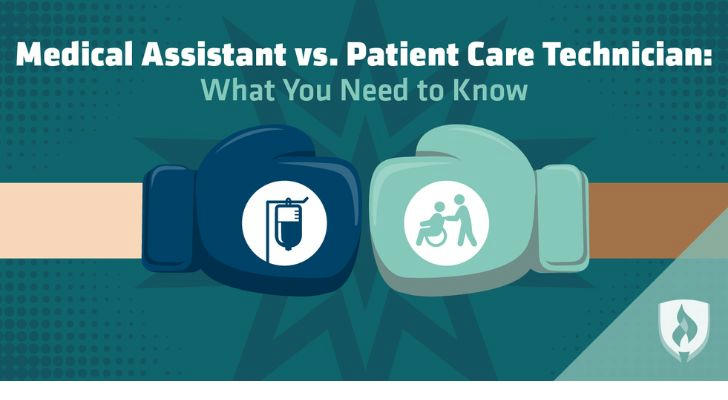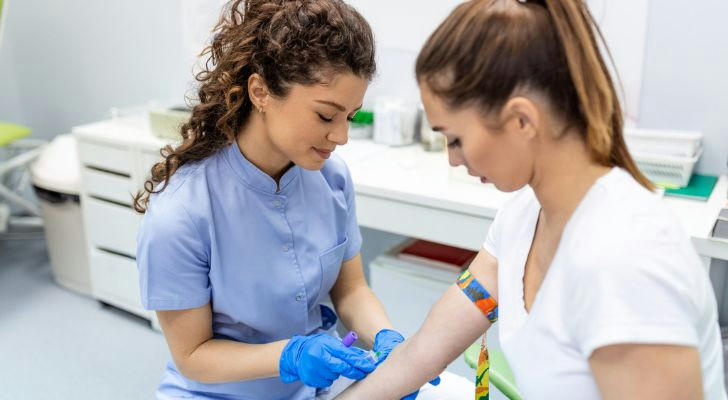Understanding the Role of a Patient Care Technician
In today’s fast-paced healthcare environment, Patient Care Technicians (PCTs) have become essential members of the care team. They provide hands-on support to nurses and doctors, assist patients with daily needs, and ensure that care facilities run smoothly. If you're curious about what a PCT does — and whether it could be the right career path for you — this guide will walk you through everything you need to know.

What Is a Patient Care Technician?
A Patient Care Technician is a trained healthcare worker who helps care for patients in hospitals, nursing homes, rehabilitation centers, and sometimes private homes. Their role blends clinical skills with personal care tasks, making them a bridge between medical staff and the patient’s day-to-day comfort.
PCTs are sometimes confused with nursing assistants or medical assistants, but their training often includes additional skills like EKG reading and blood draws.
What Does a Patient Care Technician Do?
The exact responsibilities of a PCT can vary by workplace and state regulations, but here are some core duties most PCTs perform:
- Monitoring vital signs (blood pressure, heart rate, temperature, etc.)
- Assisting with daily activities like bathing, grooming, and mobility
- Collecting samples for lab testing (urine, blood)
- Performing EKGs to help monitor heart activity
- Turning or repositioning bedridden patients to prevent bedsores
- Providing emotional support and companionship
- Recording patient information and reporting changes to nurses
Because they spend so much time directly with patients, PCTs often notice subtle changes in behavior or health before anyone else does.

Where Do PCTs Work?
Patient Care Technicians can be found in a wide variety of healthcare settings:
- Hospitals – Fast-paced, diverse patient population
- Long-term care facilities – Consistent care for elderly or chronically ill patients
- Dialysis centers – Monitoring and supporting patients undergoing dialysis
- Rehabilitation clinics – Assisting patients recovering from injuries or surgery
- Home healthcare – One-on-one care in a private setting
Each environment offers its own challenges and benefits, but all rely on skilled and compassionate PCTs.
A Typical Day as a PCT
A day in the life of a Patient Care Technician often includes:
- Morning rounds: Checking on patients, taking vitals, helping with hygiene
- Chart updates: Recording vital signs and other patient information
- Support procedures: Assisting nurses with wound care, catheter checks, or monitoring equipment
- Patient movement: Helping patients walk, use mobility aids, or get to appointments
- Midday care: Assisting with meals, repositioning patients, and offering comfort
- End-of-day reports: Updating records and briefing the next shift on any developments
It's a physically active and emotionally rewarding job, often filled with small moments that make a big impact.
Key Skills and Traits of Successful PCTs
Being a great PCT requires more than technical skills. Employers often look for individuals who demonstrate:
- Empathy and patience
- Attention to detail
- Physical stamina
- Strong communication
- Teamwork
- Time management
Because PCTs deal closely with both patients and medical professionals, being both compassionate and dependable is essential.

How to Become a Patient Care Technician
The path to becoming a PCT is shorter than many healthcare roles. Here are the general steps:
- Complete a high school diploma or GED
- Enroll in a Patient Care Technician training program (often 4–8 months)
- Learn core skills, including CPR, basic nursing care, EKG, and phlebotomy
- Gain hands-on experience through clinical training or internships
- Pass a certification exam (optional but recommended, such as CPCT/A through the NHA)
- Apply for positions in your preferred healthcare setting
Programs are offered through community colleges, technical schools, and some hospitals.
Career Growth and Opportunities
Patient Care Technician is an excellent entry point into healthcare. With experience and further education, many PCTs go on to become:
- Licensed Practical Nurses (LPNs)
- Registered Nurses (RNs)
- Medical Assistants
- Specialized Technicians (e.g., EKG or dialysis techs)
The skills you gain as a PCT — especially patient communication and clinical fundamentals — can serve as a strong foundation for long-term career advancement.
Is Becoming a PCT Right for You?
Here are a few signs this path may be a good fit:
- You enjoy helping others and being part of a team
- You’re comfortable with physical tasks and direct patient care
- You want to start working in healthcare quickly without a long degree
- You’re interested in a stable job with long-term growth options
If that sounds like you, a career as a Patient Care Technician may be a rewarding and achievable option.
Final Thoughts
The role of a Patient Care Technician is both challenging and deeply meaningful. PCTs play a crucial part in the everyday functioning of healthcare facilities and are often the comforting presence patients rely on most. Whether you're looking for a fast way into healthcare or hoping to build toward a long-term clinical career, becoming a PCT offers both purpose and potential.
If you're ready to take the first step, look for accredited PCT training programs in your area and explore opportunities that match your goals and interests.
